It is hot in Juba. All year round. When I was there in March 2012, it hit 45 centigrade more than once; in July-August it reached a 'nice cool maximum' of 35 centigrade! Luckily it is also dry. Expect to sweat, however. Perhaps carry around a small washcloth as the Africans do to periodically wipe the sweat off face and neck (and bald head for some of you men). I found this highly inconvenient - opposed to the beautiful African women, I need makeup to look decent and so this was not an option for me. I was not going to give up vanity for comfort.
in this, my current trip, November 2012, it is still the rainy season. You should have closed shoes for town and rainboots for smaller towns for the rainy days. There are no paved roads or sidewalks in smaller villages and lots of puddles. It can get cool in the evenings - but not cold enough for most of us to merit wearing the winter coats I see South Sudanese people putting on! I am doing fine with short sleeves but some people may feel the need for long sleeves. From late morning till early evening, it can still be wickedly hot.
Feet - since the roads are mostly not paved, closed shoes are best. However, you are likely not walking much in town (most people hire drivers) so sandals would be fine. I had Teva sandals and these were great. They give good support to your feet, are comfortable over all terrains (even the walk from the van to the building you are going into may be pot-holed and uneven) and look good during the day and evening.
Clothing - people dress modestly and you are advised to do the same. They appreciate that. Men do not have to wear suits, just not shorts or chest-baring open shirts. Women should not wear shorts, halter tops, spaghetti-strap tops or plunging neck-lines. You can wear pants, but most women wear dresses and skirts. In August, a mere 6 months after my first visit there, I did see more young women wearing jeans, but still very few.
Cellphone - your smartphone will likely not work at all here. Bring a simple mobile phone that has been unlocked so that you can buy local SIM and time cards that are sold at reasonable rates in the market.
Cash - there are no ATMs yet. Bring American 50-dollar or 100-dollar bills (100 is best). The bills must be newer than 2006. They can be changed at your hotel. When I was here in March 2012, the rate was 3.5 South Sudanese Pounds to the dollar; now, in August 2012, the rate is about 5 SSP to the dollar. Be sure you have a crisp bill for the airport or else you won't be able to get a visa. How much is enough? Bring a bit more than what you need for hotel and transportation. Food is not terribly expensive and there really is not much to buy in the way of souvenirs.
Electricity - bring an international converter to fit the African sockets.


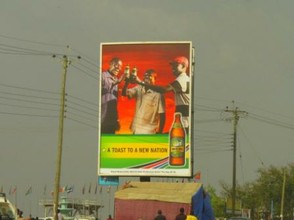
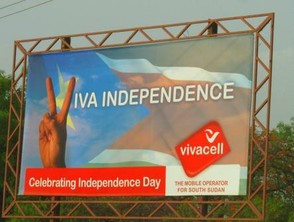

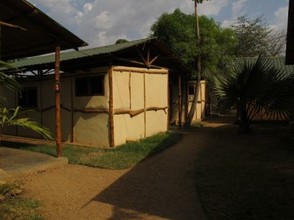
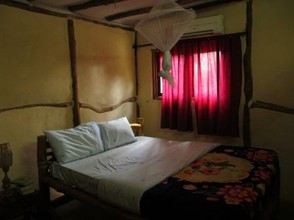




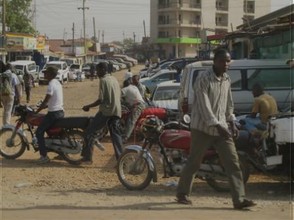
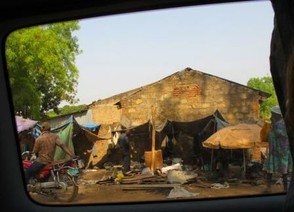
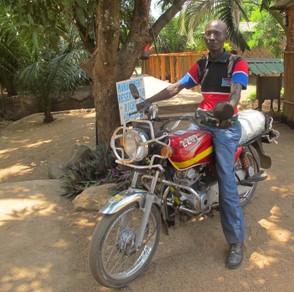




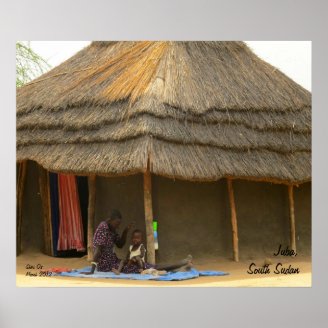
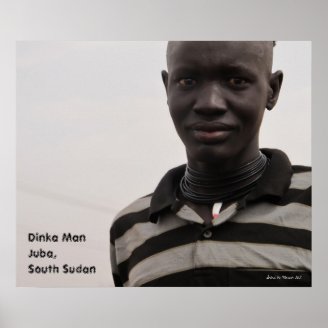
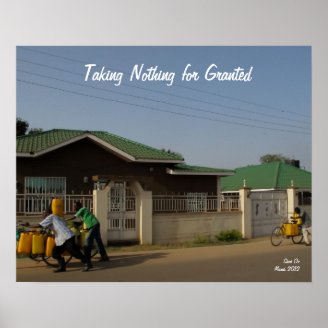
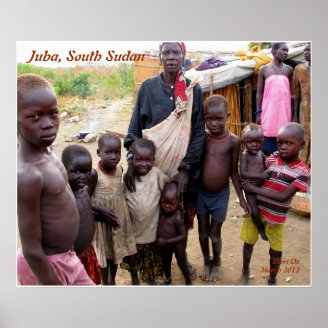
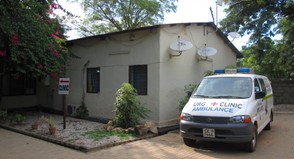
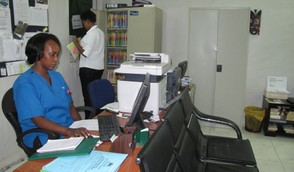
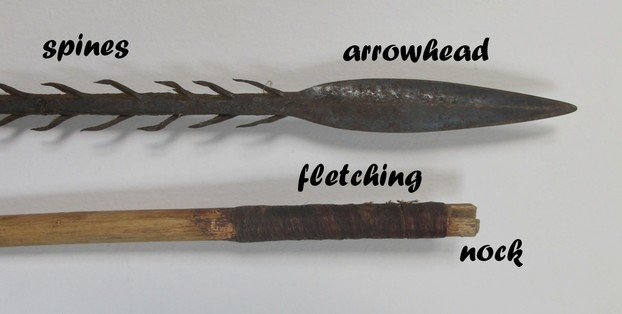

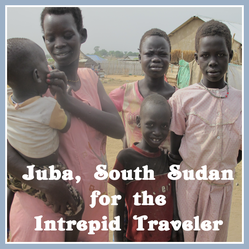

 Visiting an Art Gallery With a Two-Year-Oldon 07/27/2015
Visiting an Art Gallery With a Two-Year-Oldon 07/27/2015
 Using the News to Enhance Jewish Identity in Jewish Kidson 07/24/2015
Using the News to Enhance Jewish Identity in Jewish Kidson 07/24/2015
 Xi'an - Not Just Terracotta Warriorson 06/09/2015
Xi'an - Not Just Terracotta Warriorson 06/09/2015
 Sew Your Own Wedding Dress - or Your Daughter'son 02/06/2015
Sew Your Own Wedding Dress - or Your Daughter'son 02/06/2015

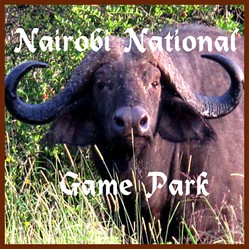
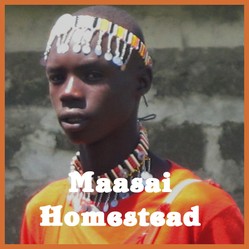
I'm sure I will be returning to South Sudan. Want to meet me there for some adventure?
Hi again, Mike from Canada. There is nothing on the web that I have found that would give you the information you need. I'm going to write another article soon, but in the meantime, if you write to me privately through my contact button I can connect you with a travel guide who does this but it is not cheap.
Wow, thank you for the very, very fast response. I'm probably going to ask you a bunch of questions now. Do you know where/how I can get permission for the local chiefs? Is there any info on the net you would recommend to learn about their hierarchy/protocol? Do you think any of the hotels in Juba would be a good source to arrange such ventures out of Juba? Once again, I'm extremely appreciative of your knowledge.
Mike
Hello MikefromCanada - glad you found my page helpful. Just for your information, Bor is relatively safe, but the area is not. You should be aware that to see the Dinka and cattle herders any more than just from the road-side as you drive along the main road, you really need permission from the locals chiefs. It is important to become familiar with the local culture and the hierarchy/protocol in order to keep yourself safe.
I'm glad I found your page as I might head there in early Nov and I found your page to be helpful. I'm flying to Ethiopia in Oct and still deciding if I should make my way to Juba or not. I was hoping to make it up to Bor but haven't found anything on the net about it. I think it would great to see the Dinka tribes and the cattle herders.
Mike - glad you enjoyed the article.
Wow Rachelle - good luck on your research - send me a message via my profile contact button cuz maybe I'll see you there!
Thank you, Sheri -- I'm headed to South Sudan tomorrow to do doctoral research and your insights have been so helpful as I plan my trip.
A fascinating destination, Sheri and a great article.
Massimiliano - we adventurers to South Sudan need to help each other, no? Va bene con me.
Thank you very much Sheri,
if for you it is not a disturb I will do....
Massimiliano